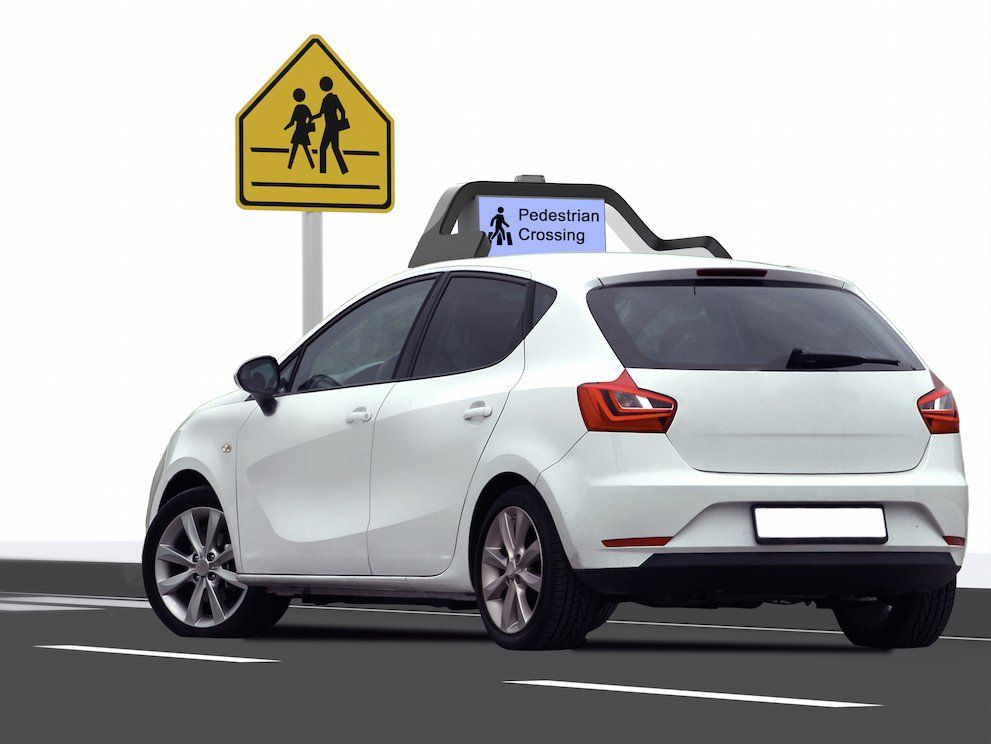Drive.ai is an autonomous car startup that aims to help robot cars interact with people better. Co-founder and president, Carol Reiley, said “My interest in robotics lies in where technology intersects with humanity. How do these cars actually interact with people?” In addition, Reiley left Stanford University’s artificial intelligence lab to found Drive.ai.
Much of the autonomous car development industry has focused on the technology behind self-driving cars. The objective is to transform car ownership. Some of the research centers around bicyclists and bad weather. Drive.ai uses “deep learning” in order to allow artificial intelligence to learn behaviors on their own. Moreover, Reiley wants self-driving cars to talk to people. For instance, drivers can wave, gesture and honk. Self-driving cars do not have a face or hands. As a result, there needs to be another form of communication. Drive.ai is designing LED signs that utilizes text and emojis to communicate.
Reiley added, “it’s really important to make it clear that the car sees you, and then you can act appropriately.” She also talked about car horns saying, “The horn is one of the worst designed features on the car.” Drive.ai wants to develop a “more socially appropriate” honk. Last year, the company received $12 million in funding and was granted an autonomous vehicle license to test cars on California roads.
Reiley stated, “Our north star is to work with automakers. We’d love to get this in consumer cars, but that timeline is too long. It’s very difficult to do a global deployment at scale. Our first steps are with business partnerships and we’ll be starting pilot studies in the next few months.”
This is a Contributor Post. Opinions expressed here are opinions of the Contributor. Influencive does not endorse or review brands mentioned; does not and cannot investigate relationships with brands, products, and people mentioned and is up to the Contributor to disclose. Contributors, amongst other accounts and articles may be professional fee-based.

